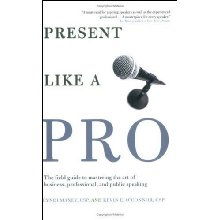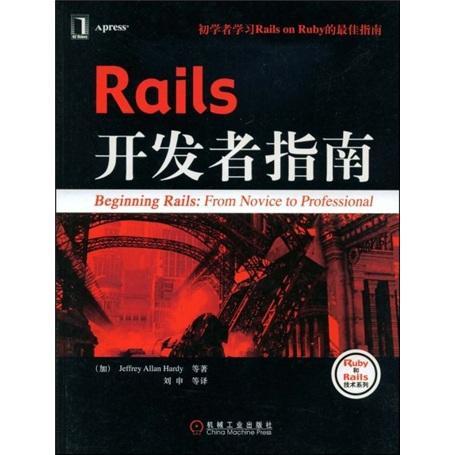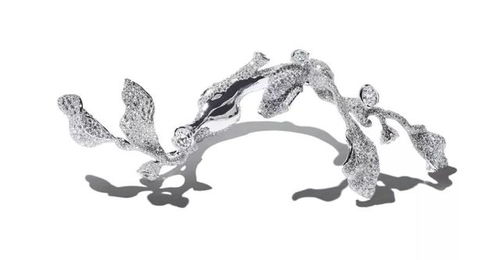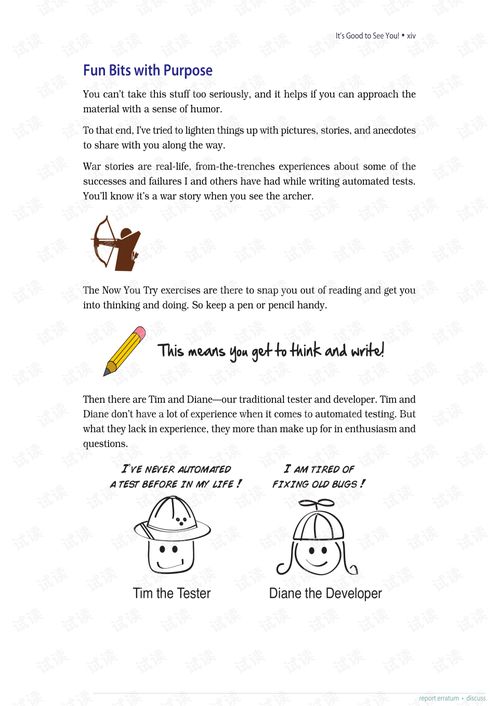
Content:
Embarking on the exciting journey of fishing can be both thrilling and challenging for beginners. Whether you're looking to unwind by the water or hoping to catch your first big fish, understanding the basics of fishing methods and techniques is crucial. This article will provide you with a comprehensive guide to help you master the art of fishing, ensuring that your first time out is both enjoyable and fruitful.
Choosing the Right Gear
Before you set out on your fishing adventure, it's essential to have the right gear. Here's a breakdown of the essential equipment you'll need:
Rod and Reel: The rod and reel combination is the backbone of your fishing setup. For beginners, a medium-action rod paired with a spinning reel is usually the best choice. This setup is versatile and suitable for a wide range of fishing scenarios.
Line: Your line should match the strength of your rod and the type of fish you're targeting. Monofilament line is popular for beginners due to its flexibility and ease of use.
Hooks: Hooks come in various sizes and shapes, depending on the fish you're after. For beginners, a simple, sharp hook in the 6-10 size range is a good starting point.
Bait or Lures: Live bait or artificial lures can be used, depending on your preference and the species you're targeting. For beginners, it's often easier to start with artificial lures, as they are more consistent and can be used repeatedly.
Tackle Box: A tackle box is a must-have for storing all your fishing gear. It should be well-organized and contain all the essentials, including extra hooks, sinkers, swivels, and other accessories.
Choosing the Right Location
The right location can make or break your fishing experience. Here are some tips for selecting a good spot:
Research: Before you go, research the best fishing spots in your area. Local parks, lakes, rivers, and streams often have great fishing opportunities.
Season and Weather: Consider the season and weather conditions. Fish are more active in certain seasons and weather patterns, so plan accordingly.
Access: Ensure that the location you choose is accessible to you and that you have the necessary permits or licenses.
Fishing Techniques
Once you have your gear and a good spot, it's time to learn the techniques:
Cast: The cast is the foundation of fishing. Practice your casting technique to ensure you can accurately place your bait or lure in the water. There are various casting techniques, such as the overhead cast, sidearm cast, and roll cast. Find the one that works best for you.
Bait Presentation: Whether you're using live bait or artificial lures, how you present it to the fish is crucial. Learn to work your bait or lure in a way that mimics the natural movement of the fish's prey.
Reading the Water: Understanding water currents, depth, and structure is key to successful fishing. Observe the water's surface and use your lure or bait to exploit these features.
Patience: Fishing requires patience. Fish may not bite immediately, so be prepared to wait. Keep your line tight and be ready to set the hook when you feel a nibble.
Setting the Hook: When you feel a fish, don't pull too hard. Instead, reel in gently and set the hook with a quick, upward motion. This ensures a better chance of landing the fish.
Safety Tips
Fishing can be a relaxing activity, but it's important to stay safe:
Dress Appropriately: Wear comfortable clothing and protective gear, such as a hat and sunscreen, to protect yourself from the elements.
Stay Hydrated: Drink plenty of water, especially on hot days.
Use Caution: Be aware of your surroundings and other anglers. Stay on marked trails and avoid dangerous areas.
Respect Nature: Always leave the area cleaner than you found it and follow local fishing regulations.
Conclusion
Fishing is a skill that can be developed over time, and with practice, you'll become more proficient. By following these methods and techniques, you'll be well on your way to becoming a successful angler. Remember to enjoy the process and appreciate the beauty of nature. Happy fishing!












